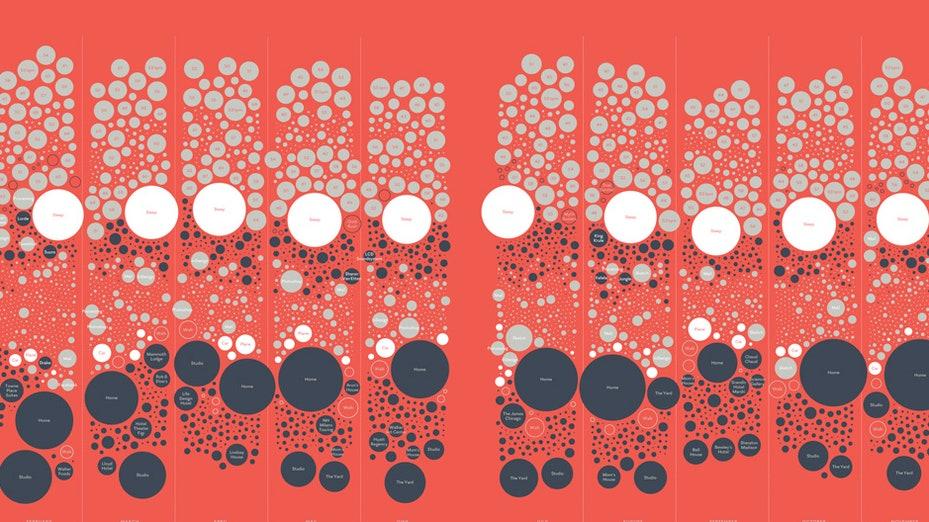In recent years, the rise of misinformation and conspiracy theories surrounding elections has become a concerning trend. Various groups and individuals have propagated baseless claims of electoral fraud, undermining the democratic process and sowing doubt in the minds of the public. However, a new development in technology has taken this alarming trend to a whole new level – the creation of an app specifically designed for election deniers.
The emergence of this app is deeply concerning, as it allows individuals who believe in unfounded claims of electoral fraud to reinforce their beliefs within an echo chamber. Aptly named “Election Deniers,” the app encourages users to join a community where they can validate their conspiratorial views and share misinformation without any fact-checking or critical analysis.
One of the key features of this app is its ability to aggregate dubious sources and misleading information, all tailored to cater to the confirmation bias of its users. Fake news articles, manipulated videos, and unverified claims are all readily available at the click of a button. By ensuring that users only consume information that aligns with their pre-existing beliefs, the app further entrenches their denial of electoral outcomes.
Critics argue that this app is a dangerous tool that threatens the very foundation of democracy. The purposeful spread of misinformation erodes trust in the electoral process, and the app’s ability to amplify these false narratives increases the likelihood of violence and civil unrest. In recent years, we have witnessed the consequences of such misinformation campaigns, with real-world incidents of violence and attempted insurrections occurring as a direct result of election denial.
Skeptics might argue that freedom of speech should protect the creation of such an app. While it is true that individuals have the right to express their opinions, the danger lies in the deliberate spreading of misinformation that undermines the legitimacy of democratic processes. Freedom of speech should not be conflated with the right to spread falsehoods and endanger the fabric of a functioning democracy.
In response to this alarming development, tech companies and social media platforms must take swift action to prevent the proliferation of such apps. Implementing strict protocols to identify and remove content that spreads election disinformation is a step in the right direction. Furthermore, promoting critical thinking skills and media literacy among users from an early age can help inoculate against the spread of conspiracy theories and false narratives.
Beyond the tech industry, it falls upon government institutions, educational systems, and media organizations to combat the rising tide of election denial. Transparent and well-audited electoral processes, thorough investigations into claims of fraud, and an engaged electorate can help rebuild trust in democratic systems. Journalists and news outlets also have a vital role to play in fact-checking and debunking misinformation, presenting the public with accurate information to counter the narratives of election denialists.
Ultimately, the creation of an app specifically designed for election deniers is a worrying development in the battle against misinformation and conspiracy theories. It presents a clear challenge to the very foundation of democracy – the acceptance and respect for free and fair elections. It is essential that we collectively address this issue through technological solutions, educational initiatives, and a commitment to promoting truth and democratic values. Failure to do so jeopardizes the future of our democratic societies.
Hey Subscribe to our newsletter for more articles like this directly to your email.
